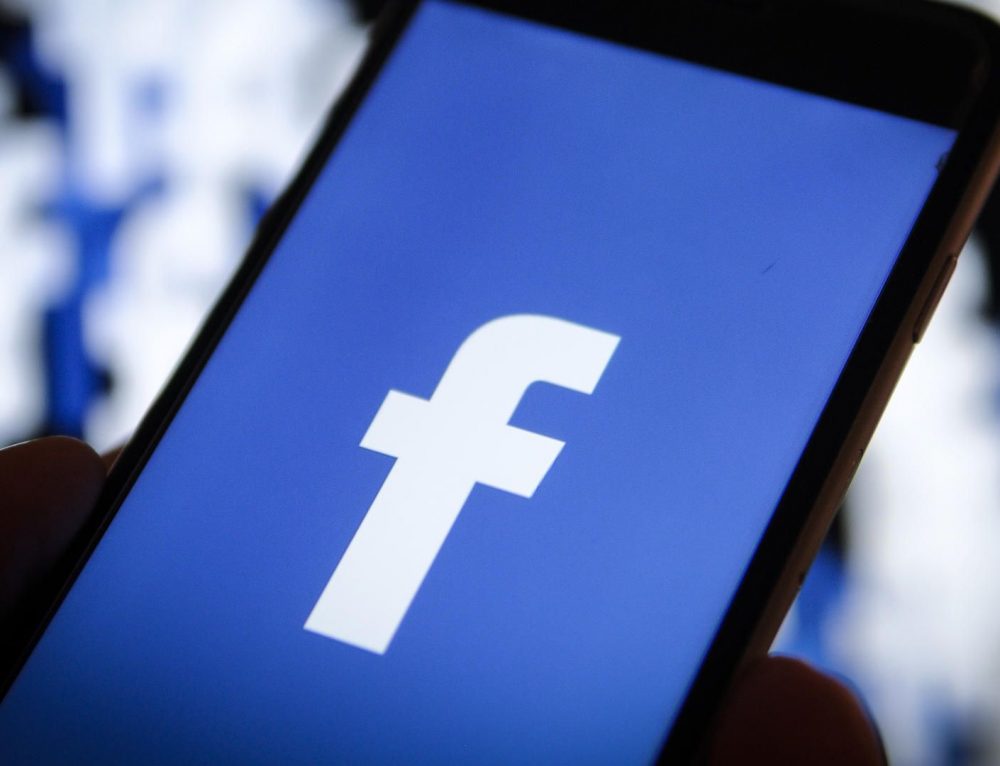Facebook announced it will allow social media influencers to produce sponsored content for political campaigns.
According to The Verge, Facebook didn’t have any guidelines for influencers who create sponsored content for politicians and political campaigns, but after The New York Times reported that Jerry Media, the promoter behind the botched Fyre Festival, is working with the presidential campaign of former New York City Mayor Michael Bloomberg in an effort to make the 77-year-old candidate look cool, however, Facebook has decided to allow these paid political partnerships.
From now on, breaking political news site Politico adds, Facebook and its Instagram subsidiary will allow “branded content” from political candidates — a practice in which a campaign pays so-called influencers to place supportive posts on their accounts. Previously, a Facebook spokesperson said, the platforms had banned such content from politicians by default. Previously, Facebook had prohibited sponsored posts out of fear that those practices could be considered campaign contributions by the social media giant. Facebook also points out that, unlike with paid ads, it has no role in the money changing hands behind sponsored posts.
Manipulation campaigns: A rising trend
In times of social media, organized manipulation campaigns have risen more than ever, as 70 countries in 2019, up from 48 countries in 2018 and 28 countries in 2017, had at least one political party or government agency using social media to shape public attitudes domestically.
The 2019 Global Inventory of Organized Social Media Manipulation by Oxford University reveals that social media has become co-opted by many authoritarian regimes in 26 countries. In these countries, computational propaganda is being used as a tool of information control in three distinct ways: to suppress fundamental human rights, discredit political opponents, and drown out dissenting opinions.
Click here to read more about manipulation campaigns in social media.












